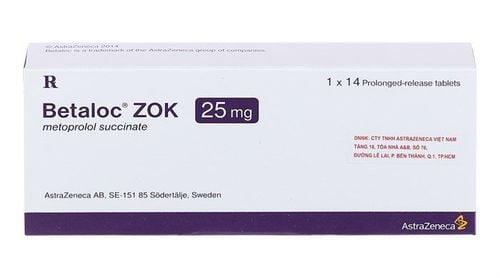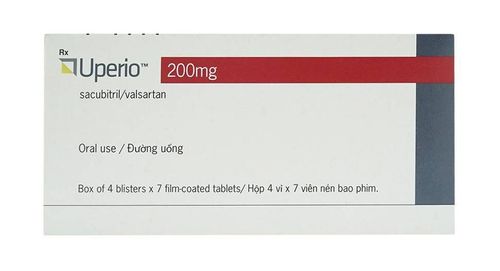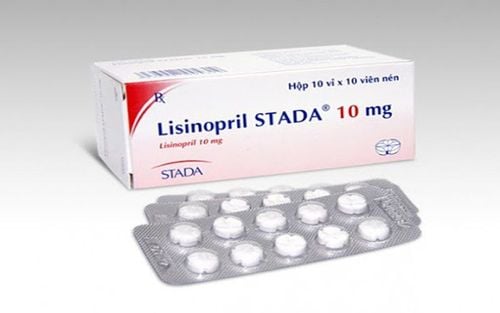This is an automatically translated article.
The article is professionally consulted by Specialist Doctor II Nguyen Quoc Viet - Department of Medical Examination & Internal Medicine - Vinmec Danang International General Hospital.
Heart failure is a consequence of many common cardiovascular diseases with an increasing incidence, heart failure is divided into different degrees. Patients with grade 4 heart failure always have symptoms of fatigue and shortness of breath even at rest. Caring for people with end-stage heart failure is a non-drug approach that improves the patient's life.
1. What is heart failure?
Heart failure is a complex clinical syndrome that results from physical damage to the heart or cardiac dysfunction leading to a decrease in the heart's ability to pump blood to the organs (systolic heart failure) or a decrease in the heart's ability to function properly. Blood capacity (diastolic heart failure)Heart failure is a disease that cannot be completely cured by medical treatment, but the use of drugs and care regimens can slow the progression of the disease.
2. Heart failure grading
There are many ways to classify heart failure, however, the New York Heart Association (NYHA) Heart Failure Classification based on the patient's functional symptoms is easy to perform.Heart failure is divided into 4 degrees
Grade I: No limitation of physical activity, normal activities do not cause fatigue, shortness of breath or palpitations. The patient has cardiovascular disease, has not shown heart failure clinically. Grade II: Slight limitation of physical activity. The patient's usual physical activity results in fatigue, palpitations, dyspnea or chest pain. With rest, the symptoms are gone. Grade III: Limited physical activity. Although he is healthy at rest, he has symptoms of fatigue and shortness of breath with just light exercise... Grade IV: No physical activity does not cause shortness of breath. Symptoms of heart failure occur even at rest, even a slight physical activity increases the symptoms.
3. Guidelines for the care of patients with heart failure grade 4
Patients with heart failure grade 4 have a severe prognosis, medical treatment only helps to slow down the progression of the disease. Caring for patients with end-stage heart failure helps patients improve their lives, reduce symptoms, and prolong their lives.3.1. Diet

Người bệnh cần có chế độ ăn uống phù hợp














